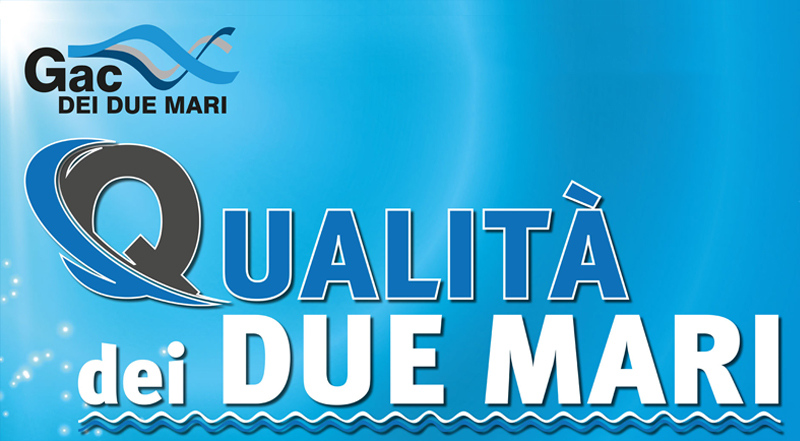A liquid diet regimen is a nutritional method that primarily consists of liquids as opposed to strong foods. It is frequently suggested for clinical objectives, such as post-surgery recovery or handling certain wellness problems. This type of diet gives nourishment in a fluid type, which can be much easier to absorb and take in for individuals that may have trouble consuming solid foods.
While a fluid diet regimen can be useful under certain conditions, it is important to understand its function, potential advantages, considerations, and possible dangers. This post intends to offer thorough details regarding liquid diet plans and their influence on health and well-being.
Types of Fluid Diet Regimens
Fluid diet regimens can differ in regards to structure and purpose. Below are some common types:
1. Clear Liquid Diet Regimen: This sort of fluid diet regimen contains clear fluids such as water, broth, ordinary jelly, and fruit juices without pulp. It does not provide several vital nutrients and is usually prescribed for a short duration before medical treatments or surgical procedures.
2. Complete Fluid Diet: A full liquid diet regimen includes clear liquids along with fluids that are extra considerable in structure and nutritional web content. This may consist of milk, yogurt, cream soups, pureed veggies and fruits, and protein drinks. It supplies a broader variety of nutrients and is usually suggested for longer durations.
3. Supplemental Fluid Diet Plan: This kind of fluid diet is designed to supplement or sustain people that are incapable to take in sufficient calories and nutrients via regular food. It entails taking in commercially offered liquid solutions that are nutritionally well balanced and fortified with essential vitamins and minerals.
4. Important Fluid Diet Plan: Additionally called a medical liquid diet, it contains predigested nutrients in the form of liquids. These solutions consist of necessary nutrients in their easiest and most quickly soaked up types. Important liquid diet plans are mostly made use of in medical setups and are often recommended for individuals with serious digestion problems or various other medical conditions that require marginal food digestion.
- Some usual reasons that individuals may follow a fluid diet regimen consist of:
- Post-surgery recovery: After particular surgeries, a fluid diet might be recommended to enable the digestion system to recover.
- Medical problems: Liquid diet regimens can be helpful for individuals with conditions such as Crohn’s condition, diverticulitis, or cranky bowel disorder (IBS).
- Weight-loss: Some individuals might select a fluid diet as a temporary weight reduction approach, although long-term sustainability can be a concern.
- Preparation for medical treatments: Clear liquid diet regimens are frequently recommended prior to medical procedures to make sure the digestive system is vacant and clear.
- Improved digestion: Some individuals find that a liquid diet helps alleviate digestion issues or gives momentary alleviation.
Potential Benefits of a Fluid Diet plan
A liquid diet regimen can use various prospective benefits, depending on the individual’s specific objectives and health and wellness demands. Several of these benefits consist of:
- Easier food digestion: Fluid diet plans can be easier to absorb, especially for people with stomach concerns or those como tomar oculax recuperating from surgical procedure.
- Fat burning: Complying with a liquid diet can bring about quick weight loss due to a considerable decrease in calorie intake. Nevertheless, it is vital to come close to weight-loss in a healthy and sustainable fashion.
- Improved hydration: Fluid hairex precio perú diet regimens usually consist of a greater water material, aiding in keeping sufficient hydration levels.
- Controlled section sizes: Liquid diet plans can help people practice section control, as liquid meals can be specifically measured and regulated.
- Decreased intestinal signs and symptoms: Some people with particular medical problems might find that a fluid diet regimen helps alleviate symptoms such as bloating, gas, and abdominal pain.
Factors to consider and Threats
While a fluid diet can use advantages, it is crucial to think about certain aspects and prospective threats:
- Nutritional deficiencies: Liquid diets, specifically those reduced in range and duration, may not supply all vital nutrients, vitamins, and minerals required for optimal health. It is essential to seek advice from a medical care professional or authorized dietitian before beginning a liquid diet to make sure adequate nutrient intake.
- Minimal nutritional fiber: A lot of fluid diets lack nutritional fiber, which plays a vital duty in digestion health and wellness and avoiding bowel irregularity. It is essential to integrate resources of fiber, such as pureed vegetables and fruits or fiber supplements, to stay clear of deficiencies.
- Momentary weight-loss: Rapid weight reduction achieved with a liquid diet regimen is typically short-lived. As soon as solid foods are reestablished, weight regain might take place if healthy and balanced consuming behaviors are not preserved.
- Potential muscle mass loss: Liquid diets reduced in protein may result in muscle loss, as the body may damage down muscle tissue for energy. Appropriate healthy protein consumption is necessary to preserve muscle mass.
- Psychological and social effect: Following a fluid diet might have a psychological and social effect, as it can limit social communications connected to food and may bring about feelings of deprival or seclusion. It is important to keep a well balanced approach to food and seek support if required.
Conclusion
A fluid diet plan can work as a practical tool for specific clinical functions or short-term weight management objectives. Nevertheless, it is important to approach liquid diet regimens with caution and under specialist guidance. Consulting a health care expert or authorized dietitian is important to make certain appropriate nutrient consumption and overall well-being. Keep in mind that a well-rounded, well balanced diet regimen that includes a variety of whole foods is normally advised for long-term wellness.
Always prioritize your wellness and make notified decisions that align with your specific demands and objectives.




